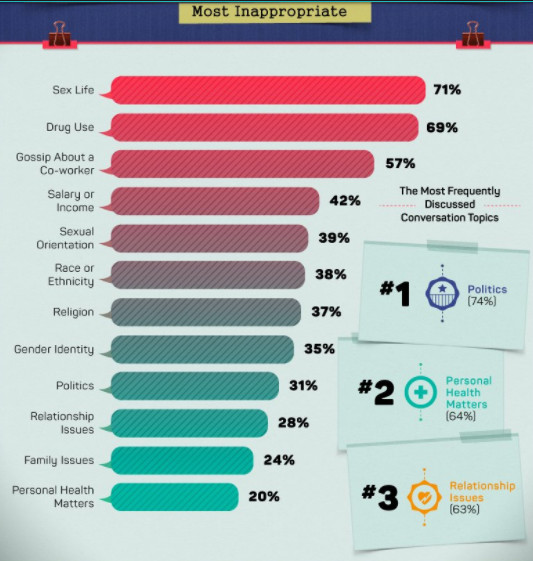
- If We’re Going to Break Up Big Tech, We Shouldn’t Forget Big Telecom
In recent years, telecom giants like Verizon have been repeatedly caught covertly spying on customers and selling your private location data to a long chain of dubious middlemen, often with little oversight. Giant ISPs often help scammers rip off their own customers, earning them the worst customer satisfaction ratings of any business sector in America.
Telecom presents a unique problem in tech. ISPs like Comcast and AT&T not only enjoy vast media and broadcast empires, but a clear monopoly over access to the internet itself thanks to limited broadband competition.
This domination of both the conduit and the content creates unique anti-competitive opportunities ISPs are starting to exploit in a variety of sneaky ways. For example, telecom giants convinced the FCC in 2017 to neuter itself at lobbyists’ behest, demolishing numerous widely popular consumer protections like net neutrality along the way.
- Philadelphia Bans ‘Cashless’ Stores Amid Growing Backlash
The new law, signed by Mayor Jim Kenney last week, takes effect on July 1 and could lead to fines of up to $2,000 on businesses that do not take cash.
But many transactions will be exempt, including those at parking lots and garages; businesses that sell goods through a membership model; rentals that require security deposits; online, telephone or mail-in transactions; and goods sold exclusively to employees.
The bill amends the city’s Fair Practices Ordinance, which is administered by the Philadelphia Commission on Human Relations. Mike Dunn, a spokesman for the city, said on Thursday that the commission would have to set the penalties before the bill takes effect.
https://www.nytimes.com/2019/03/07/business/cashless-stores-philadelphia.html
This is the same city that makes it ever more difficult to use cash for public transportation. Philly – if you are making laws like this, you have to eat your own dog food. - Taxing the rich
- Hip offices are part of our mental health crisis, here’s why
Even with all the mental health days and in-office lounges, many employees still feel an inability to disconnect from the office mindset, which makes them feel overworked and exhausted for prolonged periods. Job-induced anxiety is on the rise as technology blurs the lines between work and home life. The idea of work-life balance has all but disappeared.
According to a 2015 study put out by NAMI Massachusetts, one can attribute 64 percent of absenteeism from work because of poor mental health. And 81 percent of productivity loss occurs as a result of presenteeism, where people work when they’re sick (and should be resting).
https://www.fastcompany.com/90313990/why-cool-offices-do-nothing-to-mental-health
Photo by Master Wen on Unsplash



